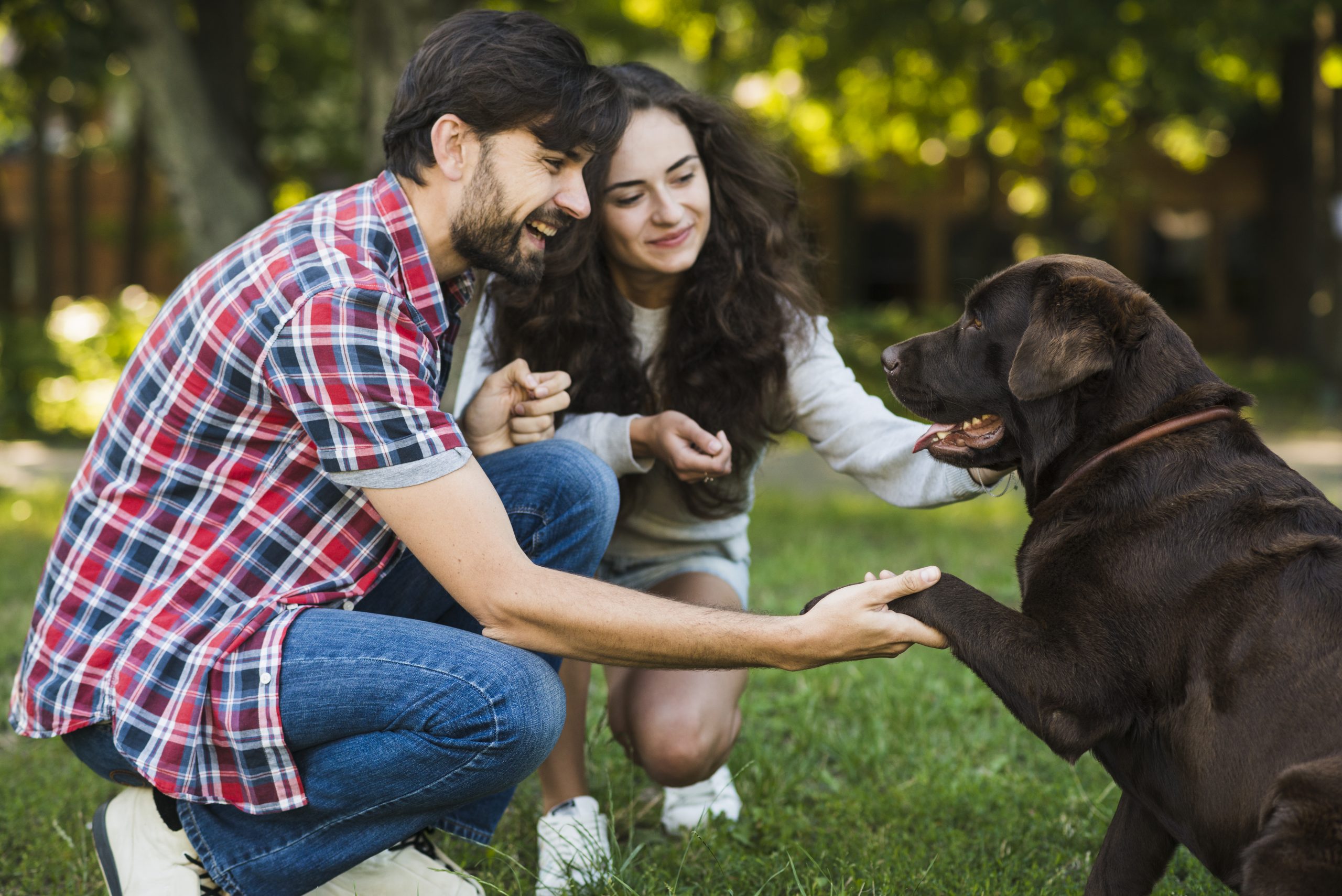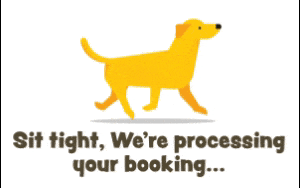The importance of socialising your dog: A guide to happy canine companions
Having a well-socialised dog is essential for their overall happiness and balanced behaviour. Socialisation is NOT going to a dog park each week, Socialisation IS introducing your fur baby to various experiences, environments, people, and other animals in a positive and controlled manner. It helps them become confident, well-adjusted, and able to navigate the world around them. Here we will explore the significance of socialising your dog. The potential issues that can arise from neglecting this crucial aspect and tips to help an unsocialised dog.
Why does building your dog’s social skills matter?
Social skills are vital in shaping your dog’s behaviour and temperament. Exposing them to different situations allows them to learn and adapt, building their confidence and reducing anxiety. Here are a few reasons why building your dog’s social skills is essential:
Confidence building: Strengthening their social skills helps dogs develop self-assurance, enabling them to handle new situations, environments, and people with ease. A confident dog is less likely to exhibit fear-based behaviours such as aggression or excessive barking.
Reduced anxiety: By introducing your dog to various stimuli early on, you help them become familiar with everyday sights, sounds, and experiences. This exposure reduces stress and prevents the development of phobias, fear, and stress-related behaviours.
Improved communication: Socialisation teaches dogs how to interpret and respond to different social cues from humans and other animals. It promotes effective communication and better interaction with their surroundings.
Prevent behavioural problems: Dogs that lack social skills may develop behavioural issues such as fear, aggression, separation anxiety, excessive barking, or destructive chewing. Socialising your dog can significantly reduce the likelihood of these problems arising.
Issues that can arise from not socialising your dog
Neglecting the socialisation process can lead to several challenges for you and your dog. Here are some potential problems that can arise from not socialising your dog:
Fear and aggression: Dogs not adequately socialised may display fear-based aggression towards strangers or other animals. This can make walks, visits to the vet, or encounters with new people stressful and challenging.
Anxiety and phobias: Lack of exposure to various stimuli can result in anxiety and the development of phobias. Common triggers include loud noises, unfamiliar environments, or routine activities like car rides.
Difficulty training: Dogs lacking social skills may need help to focus on training commands and have difficulty understanding and following instructions in new or distracting environments.
Isolation and limited experiences: These dogs may have limited exposure to the world, leading to a narrow range of experiences and reduced opportunities for mental stimulation.
Tips for helping an unsocialised dog:
If you have an unsocialised dog, don’t worry! It’s never too late to start socialising. Here are some tips to help your dog become more comfortable in different situations:
Start slowly by introducing your dog to controlled environments with minimal distractions. Then, gradually increase the level of exposure as they become more comfortable.
Positive reinforcement: Use treats, praise, and rewards to associate positive experiences with social interactions. This will help your dog associate unfamiliar situations with positive outcomes.
Controlled exposure: Gradually expose your dog to various environments, sounds, and people. Arrange controlled playdates with well-socialised dogs to help them learn appropriate social behaviours.
Training classes: Enrol your dog in obedience or training courses where they can interact with other dogs and receive professional guidance. This can be an excellent opportunity for them to learn in a structured environment.
Seek professional help: If your dog’s unsocialised behaviour persists or if you encounter severe issues, consider consulting a professional dog trainer or animal behaviourist who can provide personalised guidance and assistance.
Socialising your dog is an investment in their overall well-being and happiness. By exposing them to various experiences, people, and animals in a positive and controlled manner, you can help them become confident, well-adjusted companions. Patience, consistency, and positive reinforcement are key when helping a dog with poor social skills. With time and effort, you can help them develop the social skills they need to thrive in the world around them.
How Sniffspace can help: Socialising your dogs and finding suitable spaces for them to interact and play with other dogs can be daunting. Thankfully, Sniffspace is here to help. Sniffspace connects dog owners with private yards and spaces for dog playdates, training sessions, and quality bonding time. With Sniffspace, you can rent a private space by the hour, ensuring you and your doggos have a safe and secure off-leash time together. Being private and safe, it is ideal for dogs to have controlled socialising with minimum distractions.
Disclaimer: We are not vets or trainers, just passionate people that own reactive or anxious pups. The above are accounts of what we do and how they go for our canines. We hope some of them are helpful for you.



 Blog
Blog

